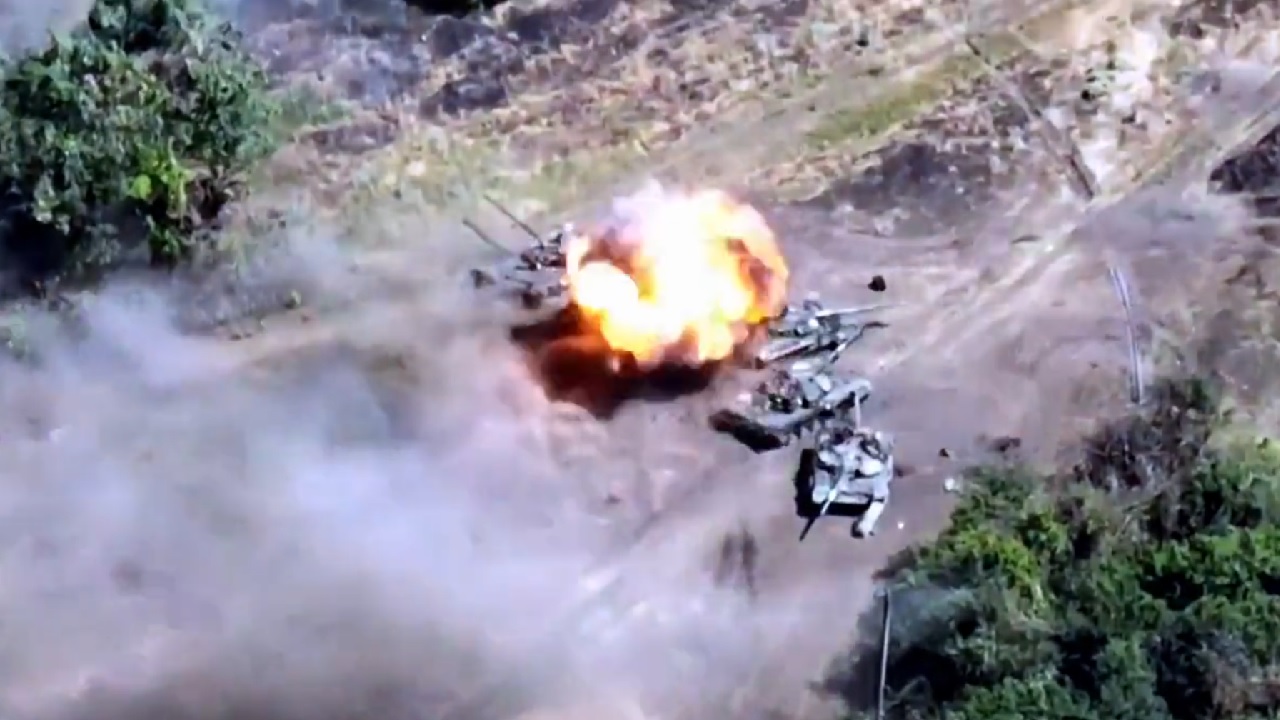Following international calls for the Russian military to leave the Zaporizhzhia nuclear power plant, Russian President Vladimir Putin agreed to allow experts from the International Atomic Energy Agency (IAEA) to access the plant and determine its safety – despite rejecting demilitarization requests from the United Nations and G7.
On Monday, a mission of the IAEA reportedly arrived in Kyiv to begin the process of assessing the plant. The mission’s plans in Kyiv were not revealed for security reasons, but likely involve meetings with Ukrainian government officials to discuss their intentions and to learn more about the military situation in the facility. A press officer from Ukrainian President Volodymyr Zelenskyy’s office said that IAEA Director General Rafael Grossi met with the Ukrainian president on Tuesday morning.
The mission is understood to include 14 nuclear specialists, as well as the IAEA chief, all of whom are expected to travel to the Zaporizhzhia nuclear plant later in the week.
Russian Forces Shell Corridor Necessary for Plant Access
While the Kremlin agreed in principle to allow the experts to access the plant, military activity around the facility could prevent access in the coming days. Mykhailo Podolyak, a top adviser to President Zelenskyy, accused Russia on Twitter of deliberately launching attacks on the site to prevent the mission from accessing the plant.
“[Russia’] is deliberately shelling corridors for IAEA mission to reach [Zaporizhzhia Nuclear Power Plant],” Podolyak said on Twitter. “All to offer passage through Crimea/ORDLO.”
The Ukrainian official added that Ukraine will only allow the mission to access the plant through Ukraine-controlled territory, and reaffirmed calls for the Ukrainian military to leave the facility entirely.
“[Ukraine] position is the same. Access only through controlled territory of [Ukraine]. Nuclear power plant demilitarization. Ru-troops withdrawal. Only ua-personnel at the station,” Podolyak said.
Both Ukraine and Russia blame each side for the shellings, however. Russian authorities reported artillery strikes close to a spent fuel storage building on the facility on Tuesday morning, pinning the blame on the Ukrainian forces in a Telegram post. Russia’s defense ministry made the same claims but insisted that the plant remains safe.
“The radiation situation at Zaporizhzhia nuclear plant remains normal,” a statement said.
This isn’t the first time that Russia has been accused of launching strikes on corridors during a military conflict. The Kremlin was accused of weaponizing humanitarian corridors in Syria, and in March, Ukraine was forced to close humanitarian corridors designed to help civilians escape after Russia continue to shell and bomb residential regions in its major cities.
Jack Buckby is a British author, counter-extremism researcher, and journalist based in New York. Reporting on the U.K., Europe, and the U.S., he works to analyze and understand left-wing and right-wing radicalization, and reports on Western governments’ approaches to the pressing issues of today. His books and research papers explore these themes and propose pragmatic solutions to our increasingly polarized society.

